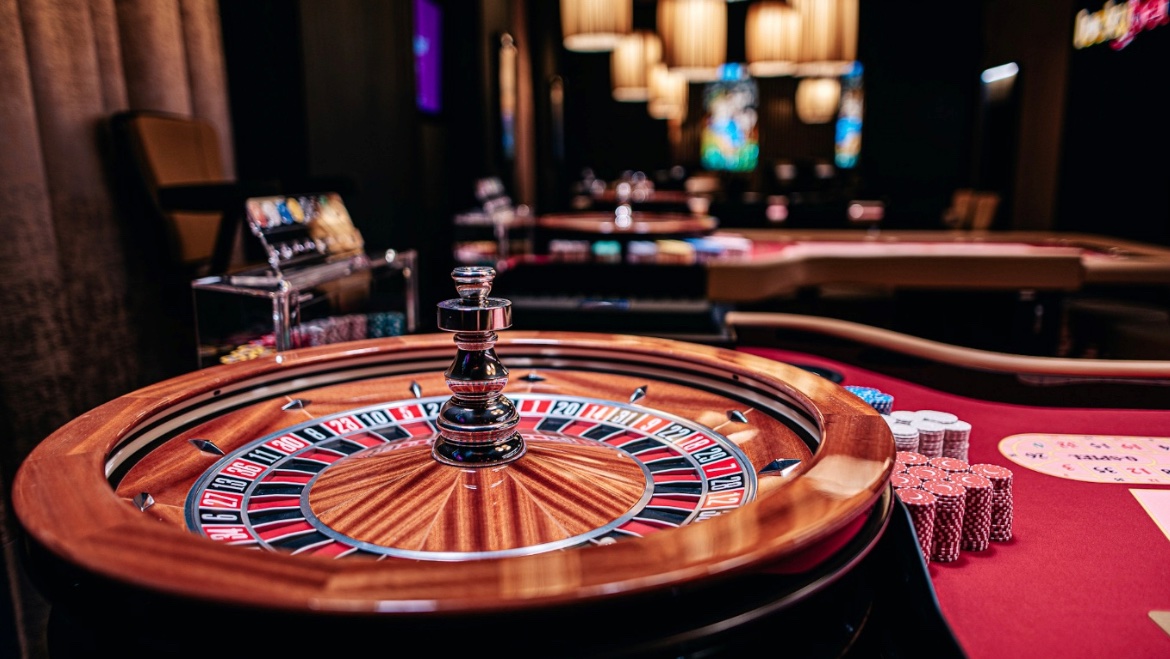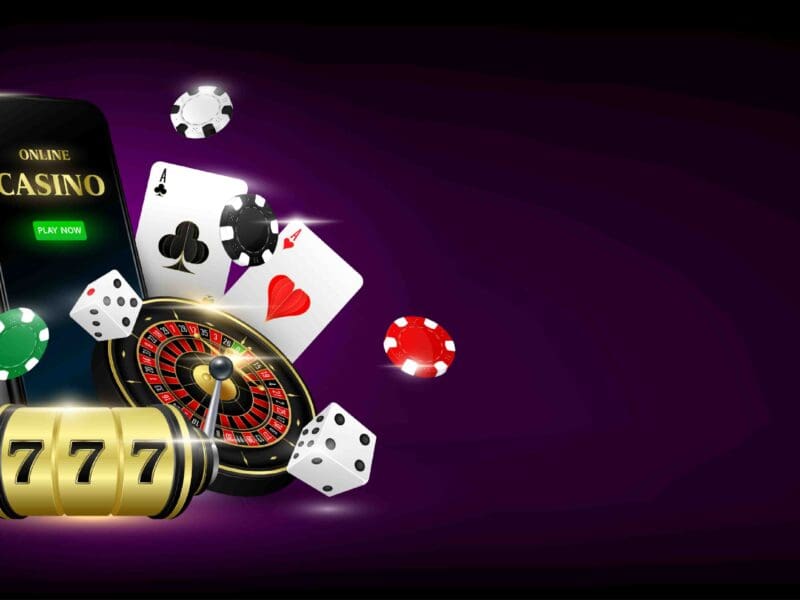
Psychology Behind Betting: Understanding the Player’s Mindset
Gambling has been around for centuries, with evidence of betting on sports and games of chance dating as far back as Ancient Greece and Rome. But what really drives people to repeatedly risk their money on games that rely predominantly on chance? Understanding the psychology behind why people gamble can provide insight into the mindset of players and bettors at FairGo Casino and other websites.
The Desire for Excitement and Risk-Taking
One of the main psychological motivations behind gambling is the desire for excitement and sensation-seeking. Games like poker, horse racing, slots, and sports betting can provide people with a thrill from both the anticipation in the lead-up as well as the reveal of the outcome. This release of adrenaline and endorphins in the brain creates feelings of enjoyment. Additionally, the element of variability and unpredictability found in games of chance also promotes ongoing interest and captivation.
Research has shown that people who score highly on measures of impulsivity and sensation-seeking are more likely to gamble frequently and problematically than those with lower scores. The drive for stimulation and risk-taking behavior helps explain this finding.
Cognitive Biases That Promote Extended Play
There are also certain cognitive biases that encourage people to keep playing and betting even when the rational choice may be to walk away. One example is the gambler’s fallacy, where players believe that if a certain outcome has occurred multiple times in a row during a game (such as roulette ball falling on black four times straight), then the opposite outcome is “due” to occur soon because of an erroneous perception of randomness. This may promote further betting trying to “catch” the opposite event.
Additionally, the availability heuristic leads gamblers to perceive the probability of a win as higher after seeing recent wins among other players or hearing stories of big payouts. This bias likewise encourages extended, and often risky, play.
Overconfidence and Illusions of Control
Many players also exhibit overconfidence in their level of skill, especially for games that actually rely predominantly on chance like slots or bingo, leading them to overestimate their odds of winning. Having the act of picking numbers or performing a routine like throwing dice makes people more prone to feeling a greater sense of control over uncontrollable outcomes. This illusion of control likewise promotes extended play.
The Joy of “Near-Miss” Experiences
Interestingly, research using brain imaging has shown that gamblers experience similar neurological reactions when they have a “near-miss” loss as they do for a big win. For instance, seeing two cherries and one orange on thereviewscasino activates very similar regions of the brain associated with reward processing as three cherries. This feeling of almost having won creates a tantalizing sensation that gives a cognitive and emotional boost leading players to want to continue trying their luck.
The Drive of Intermittent Reinforcement
From a conditioning perspective, one of the key factors driving persistent gambling is intermittent reinforcement. The unpredictability of wins, and the fact that they occur sporadically throughout gameplay rather than consistently, helps strengthen gamblers’ behaviors. This is because the reward center of the brain shows greater activation when there is variability and uncertainty in stimulating events. Much like a lab animal that responds vigorously for a pellet reward on a variable schedule, the unpredictability keeps players engaged and motivated.
Problematic Gambling Rates and Treatment Seeking
| Total struggling with problematic gambling (% of population) | Seeking formal treatment (%) |
| Australia | 0.64% |
| United Kingdom | 0.51% |
| United States | 0.42% |
| Canada | 0.59% |
| Germany | 0.20% |
Coping with Gambling Problems – Tips
- Seek support groups to reduce feelings of shame and isolation.
- Establish strict budgets and safeguards on finances.
- Identify alternative hobbies that provide excitement.
- Avoid environments and triggers that prompt the urge to gamble.
- Address underlying mood disorders that may be contributing factors.
- Consider counseling to understand the motivations behind unhealthy gambling.
Understanding Why Players Get Hooked
While most people are able to enjoy casual gambling for entertainment that enhances positive mood states without major problems, some find it difficult to rein in their behavior leading to excessive expenditures and significant lifestyle consequences. Recognizing the psychological processes and mechanisms that drive continued play despite mounting losses is the first step in addressing unhealthy gambling. Interventions aimed at modifying cognitive distortions, building self-awareness of risky behaviors, and establishing external controls can also help at-risk individuals develop healthier relationships with gambling aligned with their personal goals and values.







